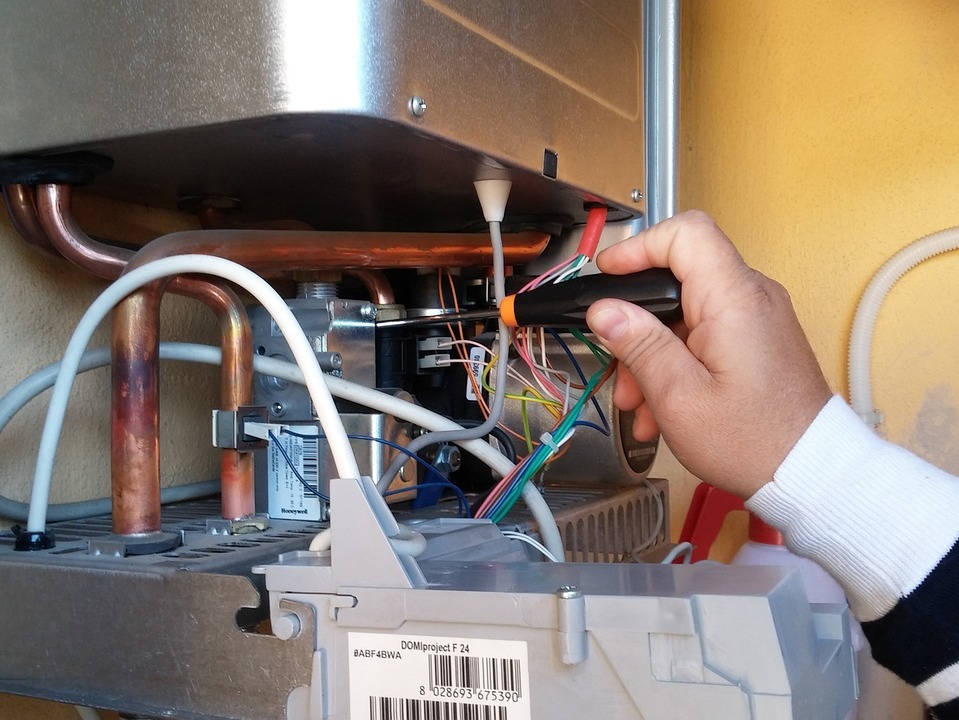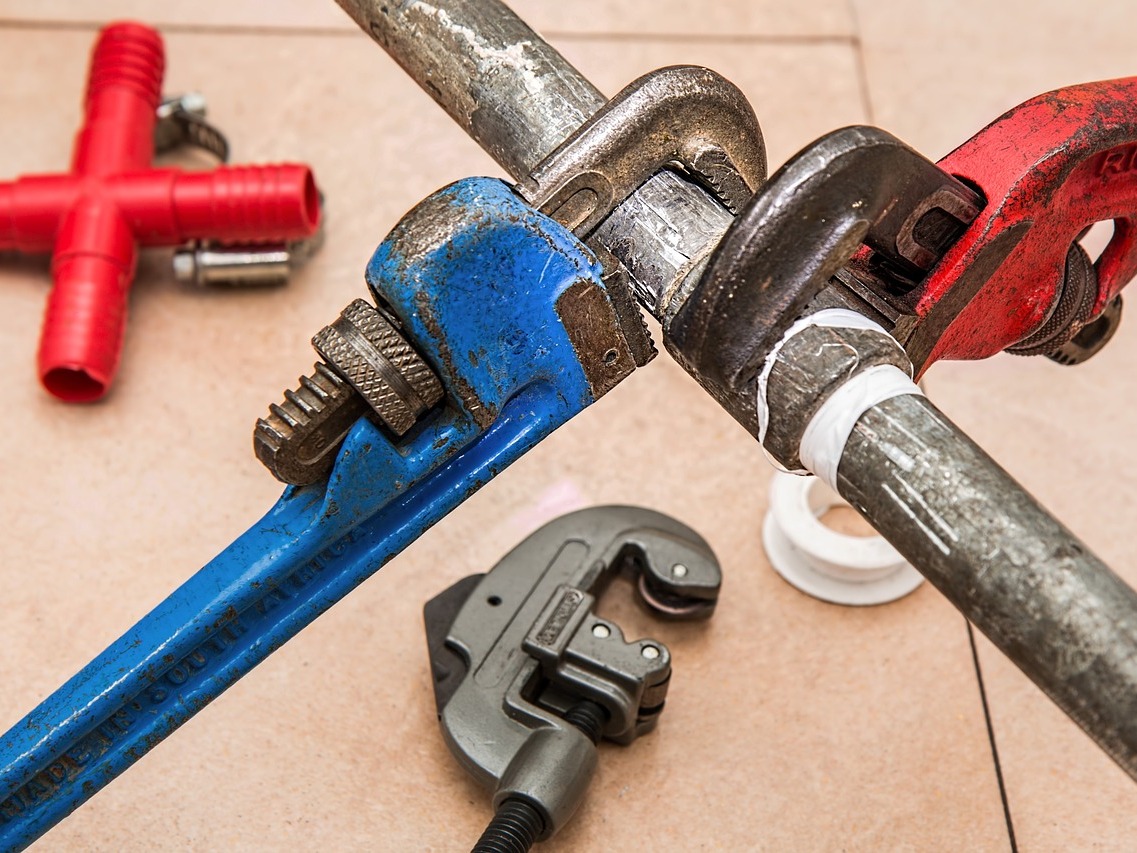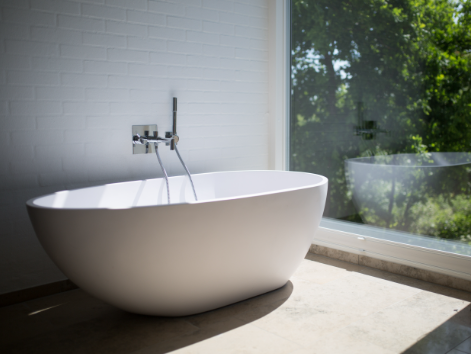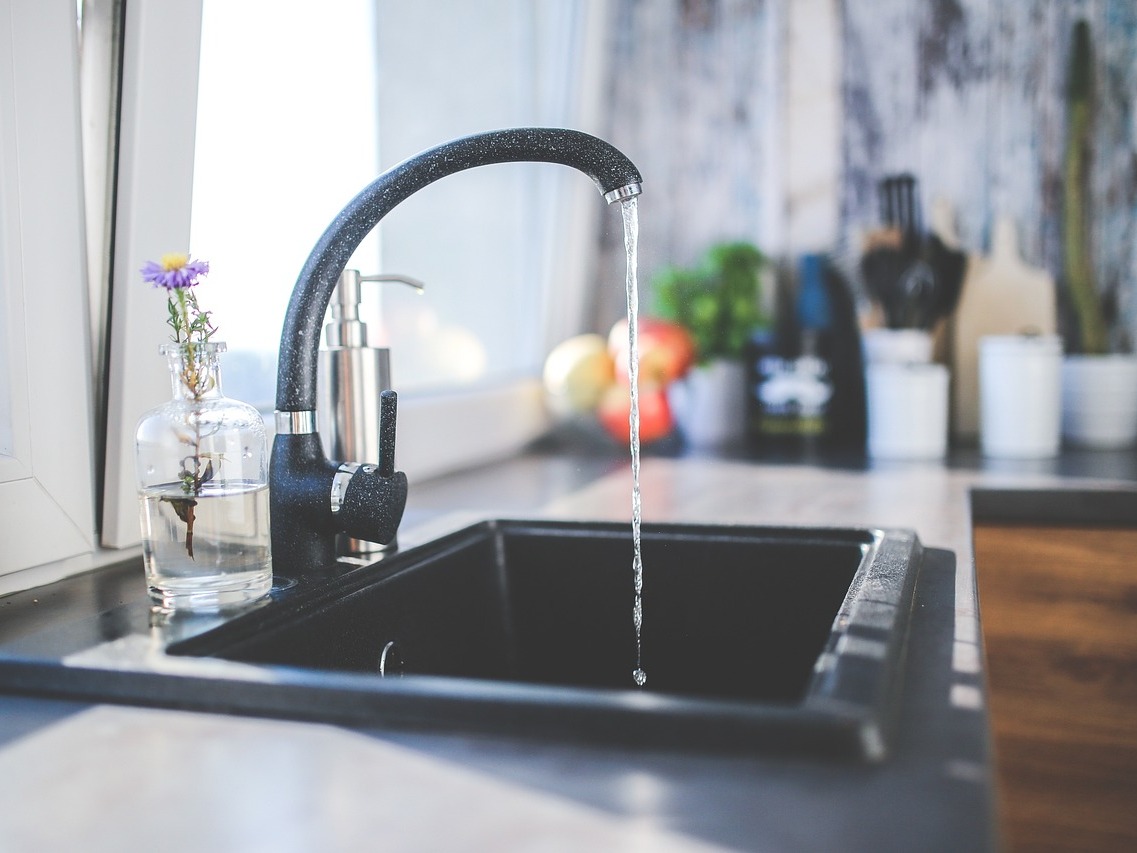If you've ever showered and enjoyed the warmth of the water dripping down your head, just to experience the freezing rush of the water turning cold after a few minutes-- you comprehend that your water heater is a crucial element of your home! In communities all over the San Francisco Bay Area, like San Jose, Milpitas, Fremont, and Newark we find that there are some general safety tips that maybe over looked.

Tank hot water heater are household/commercial devices that consist of a cylindrical container that keeps water continually hot for things like those long showers you like, cooking, and laundry. They're usually found in storage closets or garages of homes and are powered by an energy source like electrical energy or gas. While water heaters look non-threatening, if a problem is left unattended, it can pose a genuine danger to both your home and your family.
Just because your water heater is a "part" of your home instead of a boiling pot of water over an open flame like in the olden days, does not suggest that there aren't particular precautions to be familiar with.
Check out the following list of water heater security suggestions that you need to know.
Make Sure Your Water Heater is Properly Ventilated
Poorly placed vents, vents with drafts, and defunct vents can trigger fumes to go inside the home rather than aerate outdoors. While ventilation is pretty technical, you need to a minimum of make sure your water heater vents are free of dips, that they go up and out (rather than up and down), and that they are the very same size as the tank's diverter. Vents ought to also be properly screwed in, specifically in areas of your house that are considered earthquake zones.

Regularly Test Your Temperature/Pressure Relief Valve
The temperature/pressure relief valve is developed to keep your water heater from exploding if the temperature level or pressure goes higher than a safe limit. As domestic valves can be vulnerable to failure, it's crucial that you examine your valve a minimum of as soon as a year by pulling it up on the deal with.
Water must stream easily, but stop when you release the manage. If there is no water circulation or very little drips, the valve requires replacement. The drain lines need to likewise go down and out, not up. A valve with these faults can result in devastating combustion and the explosion can result in extensive damage to your home or even worse-- physical injury or death to those who live in the house.
Remove Fire Hazards Near Your Water Heater
If you have actually a tanked water heater that is powered by gas, you need to remove anything and whatever near the water tank that is combustible. Saving flammable liquids and/or products near the pilot burner is a recipe for disaster. Never save anything like coats, jump ropes, trash, or cylinders of gas anywhere near your water heater. All it takes is one crack in the water heater or a leak of fumes to form a chemical reaction with these flammable materials that leads to an explosive catastrophe.

Examine the Temperature Settings
Water heaters are specially sized to match the size and heating requirements of a home. Improperly sized tanks are more likely to be a threat than appropriately sized ones due to the fact that they can reach risky temperatures at risky pressure levels. If you bought your home from a previous owner who bought a brand-new water heater that did not originally come with the house, ensure that you get it inspected and authorized as the correct size for your home. It is recommended that property owners should never ever set the water heater's temperature level above 120 degrees Fahrenheit. Degrees are typically only available on industrial tanks, so check the temperature on your residential tank with a meat thermometer. Anything above 130 degrees can cause scalding and is a breeding ground for the legionella germs. Yikes!
Set Up a Carbon Monoxide Monitor
As abovementioned, incorrect water heater ventilation can trigger fumes to leakage into your home.
If your water heater is sustained by gas it is essential that you set up a carbon monoxide monitor in your house. The Consumer Product Safety Commission cautions that carbon monoxide poisoning-- an odorless and colorless gas-- kills 200 people each year and sends out another 10,000 people to the health center. Carbon monoxide is a potential risk to all combustion home appliances and need to be secured really seriously.

While this is not an all-inclusive list of safety measures to take when it pertains to your water heater, it is a good place to start. If you feel like your water heater needs an evaluation or maintenance, make certain to call Legacy Plumbing and Rooter, Inc. for all of your water heater requirements. We only use quality materials and complete our work effectively and readily.
 Add Row
Add Row  Add
Add 






Write A Comment